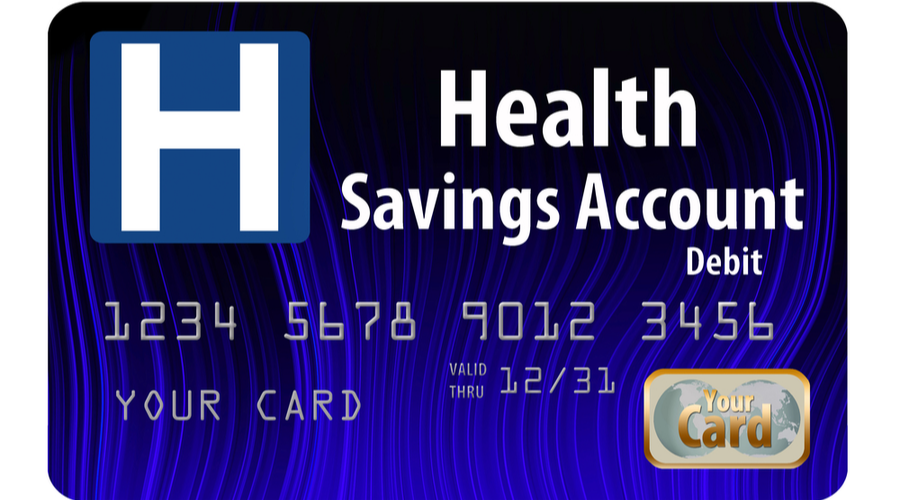What Is An HSA?
HSA is an acronym for Health Savings Account. A health savings account is a tax-advantaged personal savings account that can be used with a qualified high-deductible health insurance policy (HDHP) to provide both a savings opportunity and health insurance coverage.
The savings account provides the funds you use to pay medical expenses that aren’t paid by your HDHP such as copays, coinsurance and deductibles. If you don’t need to use any or all of what’s in the account, the balance grows over time with interest or investment returns. The HDHP, meanwhile, is your safety net should you need coverage for major medical expenses that exceed the amount of your deductible. Many HDHP’s will cover certain preventive care without needing to meet the deductible first.
How Does An HSA Work?
Contributions can be made by the individual who owns the account or by an employer, or by anyone else who wants to contribute on behalf of the account owner. When people contribute their own funds to an HSA, they don’t have to pay income tax on those funds. The money can be payroll deducted on a pre-tax basis or deducted from your income tax on your tax return. HSA contributions can be deducted even if you take the standard deduction and don’t itemize. If your employer contributes, the money is not taxed as income for the employee.
There are limitations to how much you can contribute. For example, in 2021, the contribution limit is $3,600 if you have individual coverage under a HDHP and $7,200 if you have family coverage (two or more covered under a HDHP). You can make contributions for the current tax year up until the tax filing deadline but you can’t exceed the contribution limits. People 55 and older can contribute an extra $1,000 per year.
HSA accounts are administered by qualified financial institutions such as banks an credit unions. Most provide different options for saving and investment plans for the unspent balance in your account. They also have different fee structures so it is important to shop for the HSA administrator that best fits your needs and financial situation.
Withdrawals from HSA accounts are not subject to federal or most state taxes if they are used for qualified medical expenses. The unspent balance at the end of the year rolls over into the next year with no penalty or requirement that those funds be spent. Any interest or investment returns earned on HSA accounts is tax-free.
You can use the funds in an HSA to pay for copays, coinsurance and deductibles associated with your HDHP. However, you can also use those funds for medical expenses that may not be covered at all by the HDHP such as dental or vision expenses. In fact, HSA funds can be used for a wide variety of medical expenses that are detailed by the IRS in Publication 502.
However, if you spend HSA funds on anything other than qualifying medical expenses prior to age 65, you will not only pay income tax on the withdrawal, you will also be subject to an additional 20% penalty. Withdrawals after age 65 for unqualified expenses are subject to income tax but not the penalty.
Is An HSA Right For Me?
A Health Saving Account with a High Deductible Health Plan can be a great way for many people to better manage their healthcare expenses. However, it may not be the best fit for everyone. Here are some things to consider:
- Do you generally spend a lot on healthcare expenses every year or do you have health conditions that might lead to expensive treatment? The HSA is ideal for healthier people with lower medical expenses so as to allow the accumulation of savings in the account. If your medical expenses are high, you may be better off with a health plan that has lower out of pocket requirements.
- Can you afford the out of pocket expenses associated with a HDHP? The out of pocket costs with these types of plans can be significantly higher than other plans…often many thousands of dollars.
- Will you contribute to the savings account? If you can’t or won’t, you may be better off with a lower out of pocket health insurance option.
- Can you leave the savings in the HSA and only spend them only on qualified medical expenses?
Additionally, people on Medicare are not eligible to start an HSA. The Medicare Medical Savings Account (MSA) works in a similar fashion and may be a great option for some Medicare Beneficiaries.






